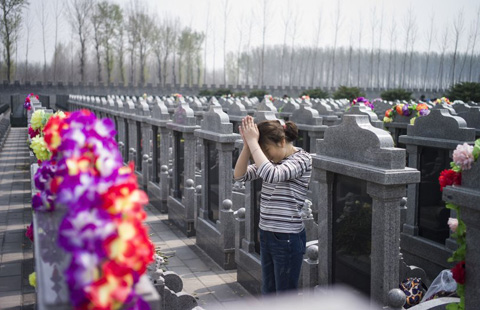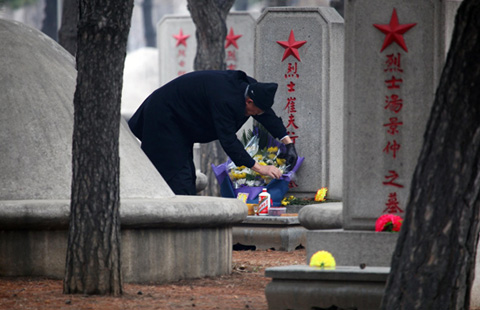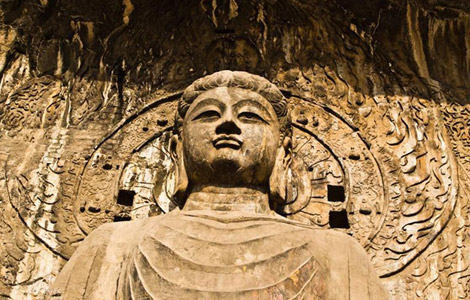Overseas Chinese entrepreneur turns genealogy into business
Updated: 2015-04-06 10:11
(Xinhua)
|
||||||||
Lie and his assistants generally make a trip to the village, trace any leads they can find, and talk to locals for more information while documenting the research process. The time for each project ranges from several weeks to six months. "It's just like being a detective," said Lie.
"It's a combination of big historical events and a personal history," said Lie, who compiles the materials into a report so clients can have a detailed picture of who their ancestors were.
"Sometimes you just learn history from books, but you find it has no connection with yourself personally," he said.
For example, Lie said, following the First Opium War in the 1840s, five treaty ports opened along the southeastern coast of China, providing an opportunity for Chinese to do business in Southeast Asia, where many later immigrated.
"Finding your roots will make history come 'alive' and you know which historical events impacted your ancestors' lives," Lie added.
He said he finds joy in helping others find fulfillment. A US client once provided him an old photograph, which was shot in front of a house when his grandfather's family left China about sixty years ago. Lie and his assistant found the very house in a village in Kaiping, Guangdong province.
The client went to the house. "He stood in front of it holding the photograph in his hand with tears in his eyes. I was deeply moved at that moment," said Lie's assistant, Hai Miao.
Not everybody has been so fortunate. Once his team arrived in the suburbs of Fuzhou city, capital of Fujian province, only to find that the village they were looking for had been turned into an economic development zone full of factory buildings and wide roads.
Lie said the best thing about his job is that every project is unique, no matter the results. With each project, they find unexpected facts and stories.
Lie said that sometimes his work is like a race against time. Old houses, ancestral temples and even entire villages have disappeared in the wave of urbanization and modernization. Older generations tend to be the guardians of family and village history while younger people move to big cities.
Now a group of young people is helping Lie to discover the Chinese roots of his clients. They are mainly from the provinces of Guangdong and Fujian, to which many overseas Chinese trace their heritage.
"To some extent, for the young, it is a process of finding their roots," said Lie.
- HK commemorates 25th anniversary of Basic Law
- Chinese city removes family consent provision for body donation
- Solar Impulse 2 Pilot appeals for clean future
- Chinese vice premier meets Thai princess
- Northeast Chinese government fined for destroying family tombs
- China live broadcasts pandas' failed natural mating

 Former president Fidel Castro appears in public in Cuba
Former president Fidel Castro appears in public in Cuba
 Now and then: Changing funeral trends
Now and then: Changing funeral trends
 Chinese honor war heroes on Tomb Sweeping Day
Chinese honor war heroes on Tomb Sweeping Day
 Lunar eclipse turns the moon 'blood red'
Lunar eclipse turns the moon 'blood red'
 2015 New York International Automobile Show kicks off
2015 New York International Automobile Show kicks off
 Ancient 'Xiangshi' kicks off in Wuzhen
Ancient 'Xiangshi' kicks off in Wuzhen
 Golden moments at jewelry show
Golden moments at jewelry show
 Luoyang, the ancient capital of thirteen dynasties
Luoyang, the ancient capital of thirteen dynasties
Most Viewed
Editor's Picks

|

|

|

|

|

|
Today's Top News
China promotes eco-friendly burials
US benefits from high-level engagements with China: Lew
China to develop city clusters along middle reaches of Yangtze
HK commemorates 25th anniversary of Basic Law
Family consent not needed to donate corpse for research in Guangzhou
Xi plants roots of
green awareness
Li backs firms' global vision
China to standardize energy conservation by 2020
US Weekly

|

|






